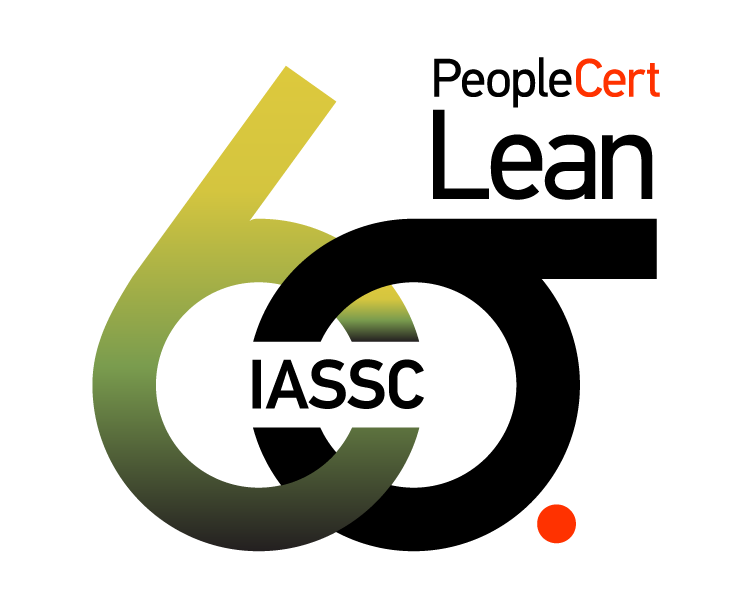Lean Six Sigma
Lean Six Sigma is the most popular business performance methodology in the history of corporate development.
The Lean Six Sigma (LSS) certifications are designed to support corporate in their mission to improve customer satisfaction, boost performance levels, and shorten the time-to-market. Self-employed professionals and consultants are looking to benefit from the above-average salary level provided by Lean Six Sigma certification and its potential for cross-industry application.
Lean focuses on efficiency through the minimization of waste, errors, and delays, while Six Sigma focuses on quality and consistency through processes improvement and variation reduction. The combination guarantees cost and time efficient products and services of the highest quality.
Lean Six Sigma is made of three levels, or ‘belts’, that provide a complete array of techniques for optimising production processes, cost efficiency, and product quality.
Lean Six Sigma Certification Scheme
Lean Six Sigma Yellow Belt
Elementary knowledge of the LSS Method and performing tasks

Lean Six Sigma Green Belt
Intermediate understanding of the LSS Method and some experience working in more complex projects
Lean Six Sigma Black Belt
Thorough understanding of the LSS Method and ability to successfully lead complex improvement projects
Holders of all Lean Six Sigma - IASSC® Certified Belts are required to be re-certified within 3 years from their original certification.



